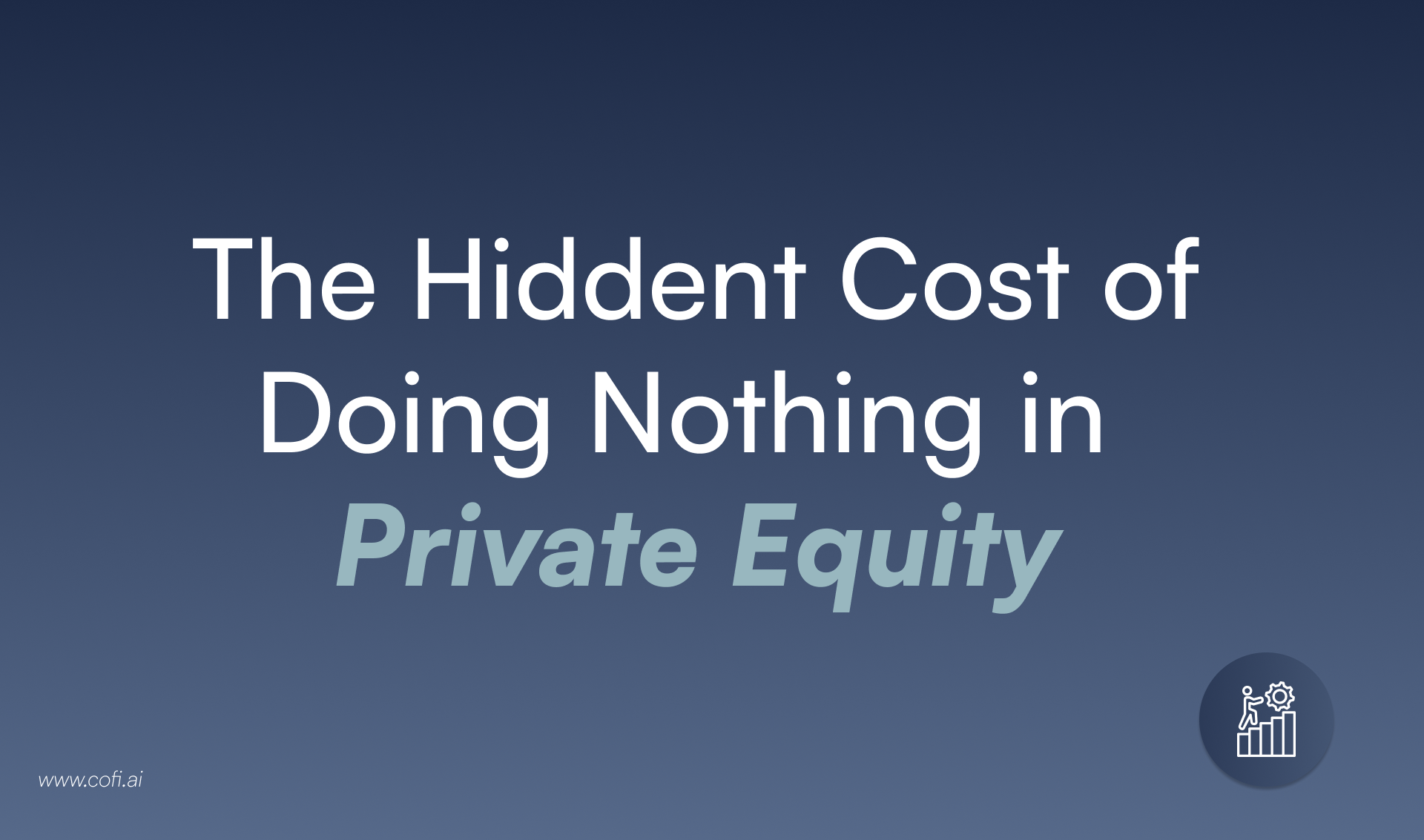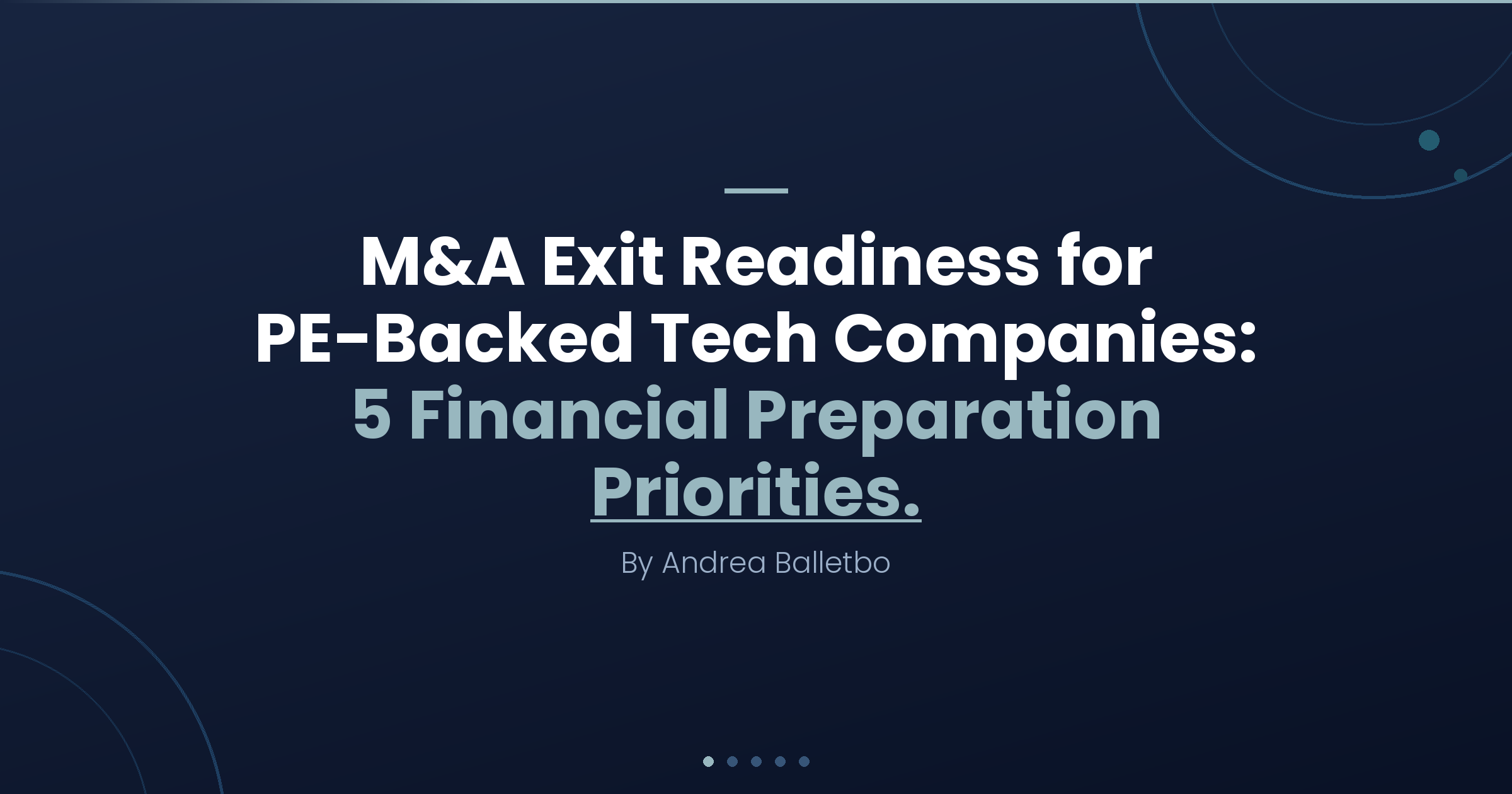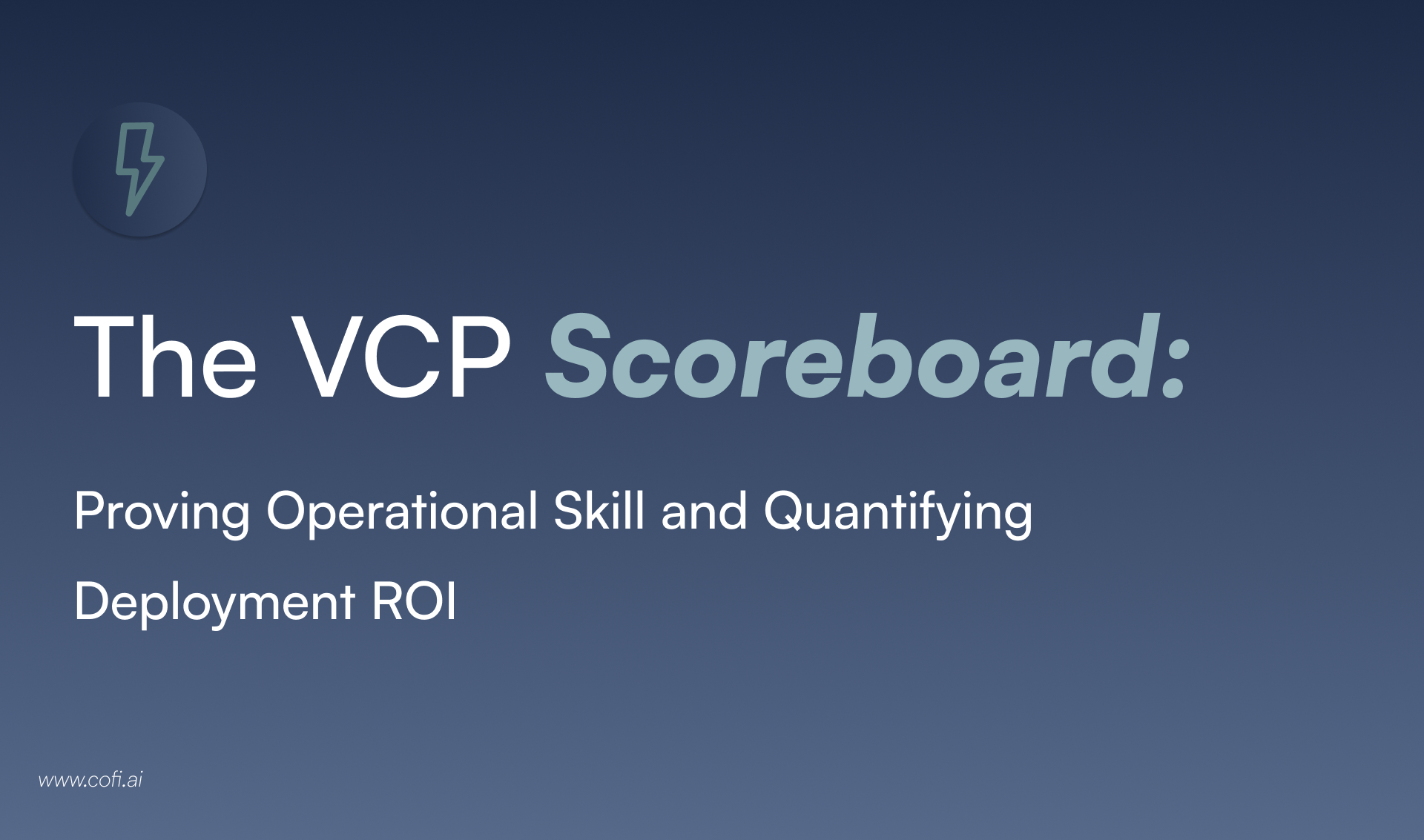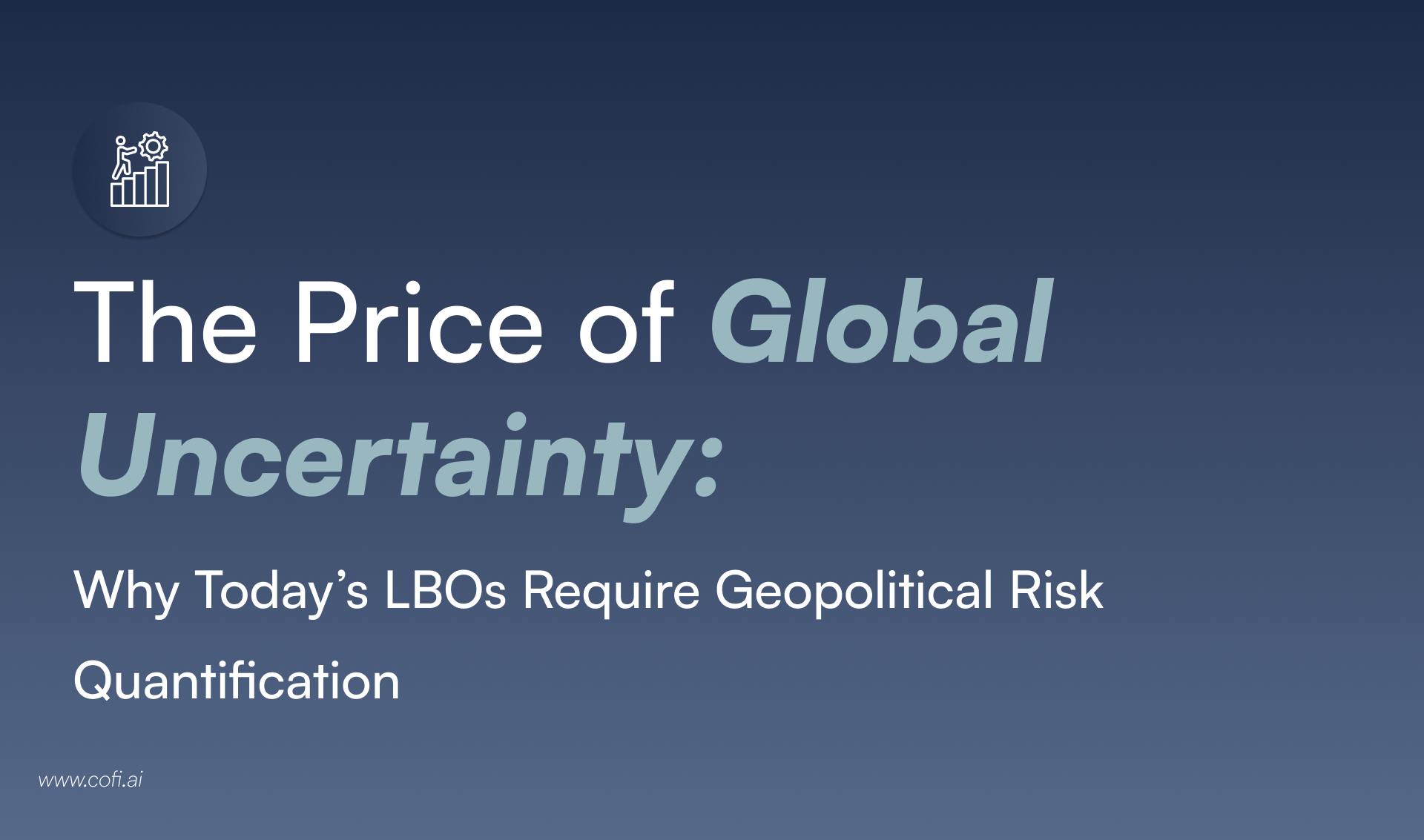
This blog reveals how firms lose time, delay decisions, and risk investor trust by not modernizing their approach. Learn why adopting a modern portfolio monitoring software is no longer a luxury, but a strategic imperative for long-term success and value creation.
The Hidden Cost of Doing Nothing in Private Equity
This blog reveals how firms lose time, delay decisions, and risk investor trust by not modernizing their approach. Learn why adopting a modern portfolio monitoring software is no longer a luxury, but a strategic imperative for long-term success and value creation.
Download NowWatch NowThe Hidden Cost of Doing Nothing in Private Equity
In private equity, success has always hinged on speed, precision, and foresight. Deals get won or lost in days. Portfolio companies rise or fall on their ability to execute quickly. And investors reward funds that can consistently deploy capital with clarity and confidence.
Yet across the industry, one of the biggest risks isn’t an aggressive competitor or a bad investment. It’s inertia.
The cost of doing nothing—holding onto manual reporting, fragmented spreadsheets, and outdated processes—is higher than many firms realize.
Deal Volume Is Back, But Oversight Hasn’t Kept Pace
After a slower 2023, global dealmaking rebounded sharply in 2024, with deal value increasing by 14% to reach $2 trillion (McKinsey). Private equity continues to raise capital at record levels, with S&P noting that dry powder remains above $2.5 trillion globally.
But even as deal activity grows, many firms are stuck managing portfolios with outdated systems. The result? A widening gap between firms that modernize and those that don’t. Firms addressing this gap often turn to modern fund administration platforms that automate reporting and standardize investor communications
The True Cost of Manual Portfolio Oversight
On the surface, “sticking with the status quo” feels safe. But it’s silently eroding performance in three critical ways:
- Wasted Analyst Time
Analysts at leading PE firms spend up to 40% of their time collecting and cleaning data instead of analyzing it for strategic value (Consero Global). Every hour wasted wrangling spreadsheets is an hour not spent driving returns. - Delayed Decision-Making
Siloed reporting means leadership is often making decisions on stale, backward-looking data. In fast-moving markets, even a two-week reporting delay can mean missed opportunities for growth or cost savings. Automated portfolio analysis tools are helping firms replace backward-looking reports with real-time insights — turning decision-making from reactive to proactive. - Eroded LP Confidence
LPs are demanding more frequent, transparent, and standardized reporting. According to Reuters, nearly 60% of investors now expect monthly or quarterly updates with granular detail. Firms that can’t deliver lose credibility—and, eventually, capital commitments.
Why Inaction Hurts More Than Bad Action
The irony? Many firms hesitate to modernize because they fear disruption during C-suite transitions or worry that implementing a platform requires heavy portco lift. But the longer they delay, the worse the bottleneck becomes.
Consider this: portfolio companies themselves are evolving quickly. New leadership cycles, M&A integration, and competitive pressures all demand clean, real-time data. Firms without deal management platforms often find themselves reacting too late during leadership shifts or M&A integrations.
The Advantage of Moving Now
Forward-thinking firms are shifting away from patchwork reporting and embracing automated, fund-wide oversight.
- Faster, Better Decisions: Automation delivers real-time portfolio insights that free teams from manual reporting.
- LP Confidence: Standardized reporting builds transparency and trust, improving fundraising and investor relationships.
- Scalability: With each new acquisition, onboarding becomes plug-and-play rather than another reporting headache.
Or put simply: modern firms don’t just keep pace. They reset the pace.
Closing Thought
Inaction feels safe—but it’s often the most expensive choice a private equity firm can make.
Those who modernize their portfolio management software for private equity now, aren’t just solving today’s inefficiencies. They’re creating the operating model that will define tomorrow’s winners.
Platforms like cofi.ai are built to help firms automate data flows and gain portfolio-level clarity, so leadership can focus on creating value — not chasing spreadsheets. With direct data integrations, automated normalization, and portfolio-level clarity, we give asset managers the real-time visibility they need to act with confidence.
Because in private equity, standing still is never neutral. It’s falling behind.
.png)











